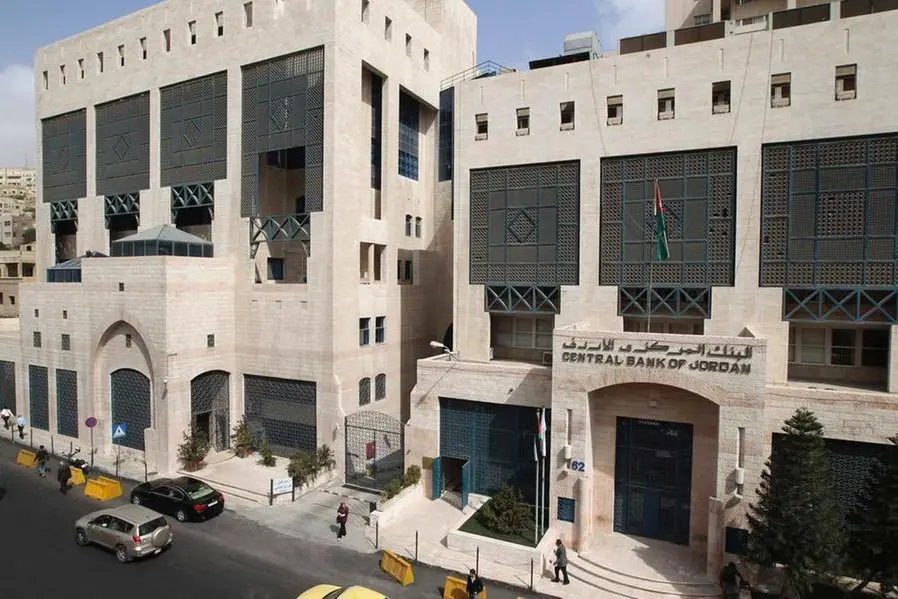PHOTO
AMMAN — Adel Sharkas, governor of the Central Bank of Jordan (CBJ), on Saturday revealed that the Kingdom possesses foreign currency reserves worth $17.5 billion, sufficient to cover imports for more than seven months.
Speaking during the second session of the 8th Jordanian Expatriate Businessmen and Investors Conference, Sharkas anticipated that the inflation rate in the Kingdom would remain at a steady 2.7 per cent by the end of the year which is consistent with the inflation levels observed since the beginning of 2023.
Jordan achieved an inflation rate of only 4.2 per cent in the previous year, the lowest in the region, thanks to the Central Bank's monetary policy and government initiatives to safeguard domestic market prices.
One notable strategic decision that aided this result was ensuring that zthe wheat inventory covers 12 months, effectively shielding Jordan from global price fluctuations that escalated to $650 per tonne of wheat.
Sharkas emphasised that forthcoming financial transactions would conform to international anti-money laundering norms.
Similar to regulations in other countries, these standards would apply in Jordan and smooth entry into these transactions could be facilitated by furnishing the required documentation.
Sharkas explained that the CBJ implemented a strategy for raising interest rates to maintain monetary policy stability, ensure a positive exchange rate margin for the Jordanian dinar against foreign currencies, and uphold inflation rates within acceptable levels.
As the global economy was recovering from the aftermath of the COVID-19 pandemic, a political crisis emerged between Ukraine and Russia, which caused supply chain imbalances and production disruptions. Consequently, global inflation rates surged to unprecedented levels in the past year, he said.
Sharkas affirmed that the primary objective of the CBJ is to ensure monetary stability, a cornerstone of comprehensive investment, and the preservation of the stability of the Jordanian dinar's exchange rate. He anticipated a global reduction in interest rates during the second quarter of 2024.
"The cornerstone of monetary stability includes maintaining the steadiness of the Jordanian dinar's exchange rate against foreign currencies and combating inflation," Sharkas said, affirming Jordan's successful execution of these objectives.
The Department of Statistics’ monthly report on the Consumer Price Index (CPI), a measure of inflation, for July 2023, revealed an increase of 0.92 per cent (less than one percentage point) compared with the corresponding month in 2022. Additionally, the CPI for July 2023 experienced a slight increase of 0.07 per cent compared with the previous month. Cumulatively, the CPI for the initial seven months of the current year witnessed a rise of 2.68 per cent against the equivalent period in 2022, according to the department's figures.
© Copyright The Jordan Times. All rights reserved. Provided by SyndiGate Media Inc. (Syndigate.info).




















